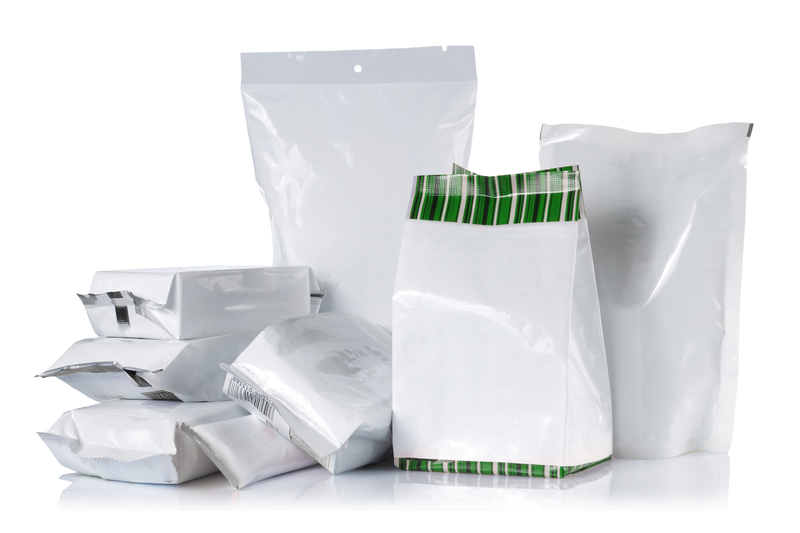Develop Proactive Recycling Habits
Recycling has emerged as a crucial practice to mitigate the adverse effects of waste on the environment. However, it involves more than just separating paper from plastic. Developing proactive recycling habits can lead to significant environmental benefits. This article outlines how to cultivate these habits and why they are important.
Why Recycling Matters
Recycling reduces the need for raw materials, conserves energy, and minimizes pollution. Recycling one ton of paper can save 17 trees, 7,000 gallons of water, and reduce greenhouse gas emissions by one metric ton. Despite these benefits, not everyone engages in recycling actively. Developing proactive habits is essential for increasing participation and efficiency.

Understanding Recycling Categories
To start, familiarize yourself with the different categories of recyclable materials. Typically, recyclables are categorized into:
- Paper and Cardboard: Newspapers, magazines, cardboard boxes.
- Glass: Bottles, jars.
- Metals: Aluminum cans, steel products.
- Plastics: Different types from bottles to containers.
- Electronics: Old phones, computers, batteries.
Knowing these categories will help in systematic sorting and making the recycling process smoother.
Steps to Develop Proactive Recycling Habits
1. Educate Yourself: Understand what can be recycled in your community. Different areas have different rules and facilities.
2. Set Up a Home Recycling Center: Create separate bins for different recyclables. Place them in an accessible location.
3. Reduce and Reuse: Engage in practices that reduce waste output, such as reusing containers and cloth bags.
4. Stay Informed: Keep up with local recycling news, changes in regulations, and new recycling programs.
5. Encourage Others: Educate family and friends about the importance of recycling. Advocate for recycling programs in schools and workplaces.
Tips for Effective Recycling
- Clean Your Recyclables: Rinse out containers to avoid contamination, which can render entire batches of recyclables unusable.
- Break Down Items: Flatten cardboard boxes and crush cans to save space.
- Don't Bag Recyclables: Many recycling facilities do not accept plastic bags, and bagging items can actually interfere with the recycling process.
- Check Local Guidelines: Some areas have facilities for composting food waste separately.
- Recycle Electronics Properly: Take old electronics to designated e-waste recycling centers instead of throwing them in regular recycling bins.
Pros and Cons of Recycling
Pros:
- Reduces the amount of waste sent to landfills and incinerators.
- Conserves natural resources like timber, water, and minerals.
- Prevents pollution by reducing the need to collect new raw materials.
- Saves energy and reduces greenhouse gas emissions.
- Creates jobs in the recycling and manufacturing industries.
Cons:
- Recycling programs can be costly to implement and manage.
- Recyclables can be contaminated, leading to ineffective recycling.
- Some materials are not recyclable, causing confusion.
- Recycling processes can still consume energy and produce emissions.

Key Takeaways
- Understanding the importance of recycling can encourage more people to get involved.
- Start with small, manageable changes such as setting up a home recycling station.
- Educating yourself and others is key to increasing recycling rates.
- Effective recycling involves adhering to guidelines and avoiding contamination.
Conclusion
Developing proactive recycling habits is essential for the well-being of our planet. By educating yourself about different materials, setting up a home recycling center, and engaging in community efforts, you can contribute significantly to environmental preservation. Although there are challenges and limitations, the benefits of recycling far outweigh the downsides. Start today and inspire those around you to make a difference.
Recycling properly can become a satisfying part of your routine that contributes to a better, more sustainable world.


